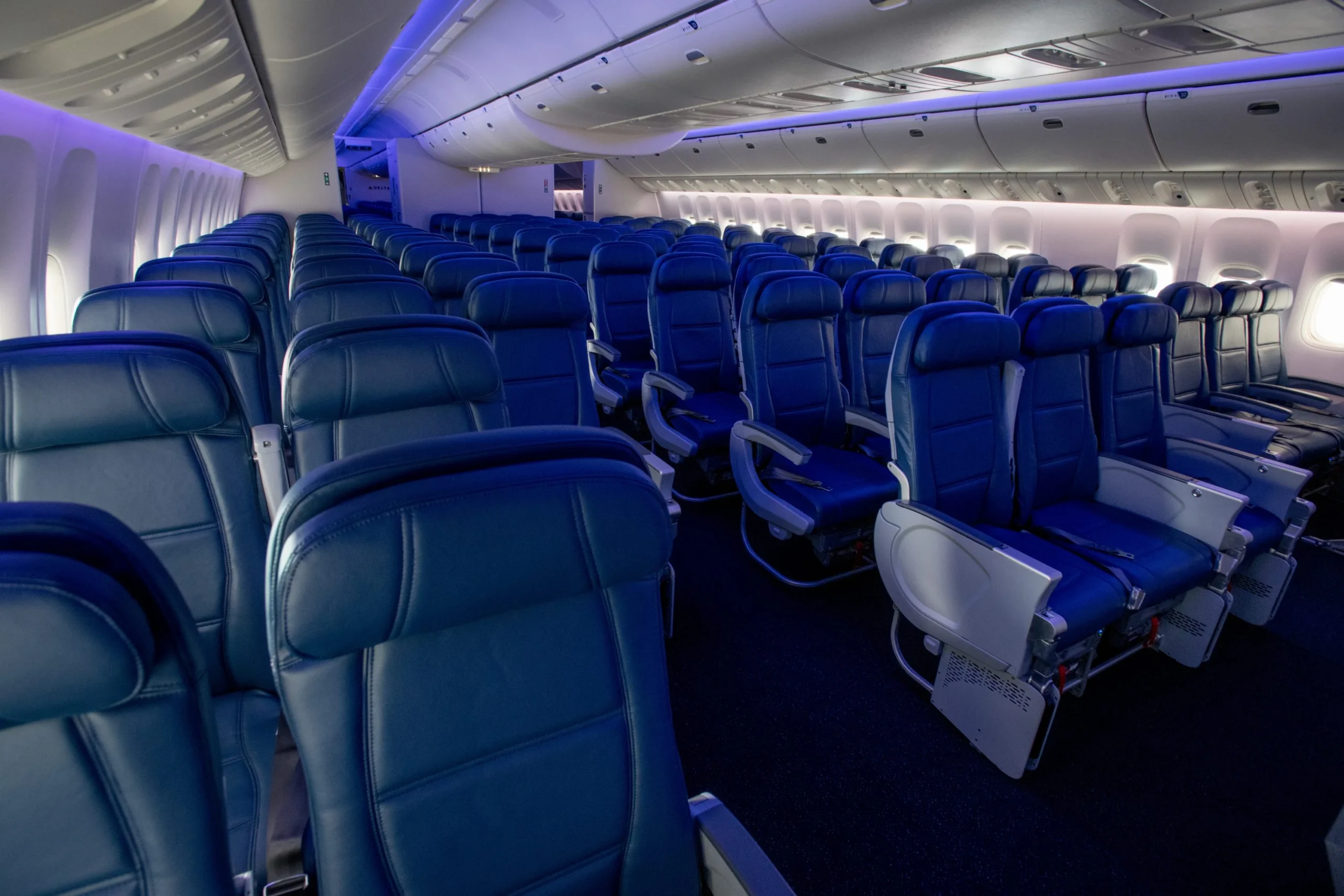When planning a journey by air, the array of ticket options can be bewildering. It’s not merely a choice between economy and first class anymore; within the economy class itself, there are various fare types to consider. In this article, we delve into the disparities between two common options: main cabin and basic economy tickets.
Main Cabin: The Standard Economy Experience
Main cabin tickets epitomize the quintessential economy class experience. Travelers opting for main cabin tickets enjoy certain standard benefits, including the ability to stow a carry-on in the overhead bin, select their preferred seat, and make changes to their reservation ahead of their flight. This fare category is favored by many due to its convenience and affordability, with most airlines allocating a greater number of main cabin seats compared to other fare types.
Basic Economy: A Budget-Friendly Alternative
Introduced to compete with low-cost carriers, basic economy fares offer travelers a more economical option to fly while still accessing their preferred airline’s services. However, this budget-friendly option comes with notable limitations. Passengers may find restrictions on baggage allowance, seat selection, and the ability to modify their reservation. Despite these constraints, basic economy tickets can be appealing for specific travelers seeking cost savings without sacrificing the essentials of air travel.
Key Differences Between Main Cabin and Basic Economy
While the seating arrangements remain consistent across both fare types, the disparities lie in ancillary benefits and restrictions. Basic economy tickets often entail automatic seat assignments, limited or no overhead bin access for carry-on luggage, and stricter policies regarding changes to reservations. Additionally, boarding priority may be lower for passengers holding basic economy tickets compared to those with main cabin tickets.
Price Comparison and Considerations
One of the most significant factors influencing the choice between main cabin and basic economy tickets is price. On average, basic economy tickets tend to be $50 to $60 cheaper for a round-trip journey. However, travelers should carefully weigh the cost savings against the potential drawbacks, such as limited mileage accrual and reduced flexibility in modifying travel plans.
Seat Selection and Boarding Priority
Most airlines restrict advanced seat selection for basic economy ticket holders, potentially resulting in less favorable seating arrangements. Furthermore, passengers with basic economy tickets may board the aircraft later than those with main cabin tickets, unless they hold certain elite statuses or co-branded credit cards.
In-flight Experience and Baggage Allowance
Once onboard, passengers are unlikely to notice significant differences between the main cabin and basic economy in terms of in-flight amenities. However, baggage allowances can vary between airlines, with some carriers permitting only personal items for basic economy passengers. This limitation may necessitate strategic packing or opting for a main cabin ticket for those requiring additional luggage space.
Flight Modifications and Flexibility
Flexibility in modifying travel plans is another crucial consideration. While some airlines offer limited flexibility for basic economy tickets, others may require purchasing a new ticket for any modifications. Travelers uncertain about their itinerary may find the flexibility of main cabin tickets more appealing, especially considering recent changes in airline policies regarding change fees.
Conclusion
Ultimately, the choice between main cabin and basic economy tickets hinges on individual preferences and priorities. Travelers seeking affordability and are comfortable with the associated restrictions may opt for basic economy tickets. Conversely, those valuing flexibility and additional perks may find main cabin tickets better suited to their needs. By understanding the nuances between these fare types, passengers can make informed decisions that align with their travel preferences and budgetary constraints.

